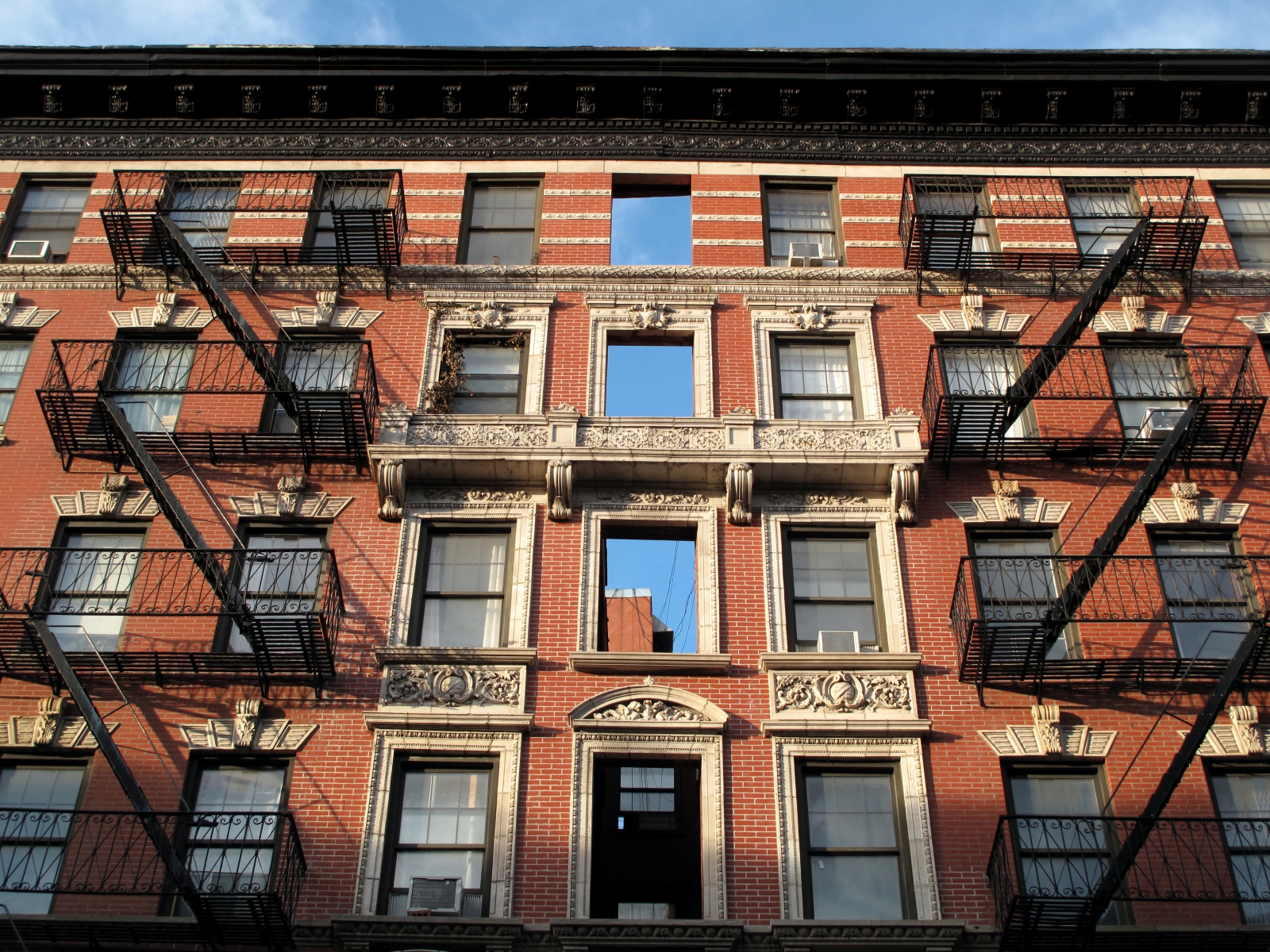
Preferential rent is now the legal base rent, according to the New York 2019 rent laws. (Busa Photography/Getty Images)
In June 2019, the New York state legislature passed extensive new rent regulations that added many new protections for tenants. One of the new regulations closes a major loophole around so-called “preferential rent” — a common practice among landlords of rent-stabilized NYC apartment buildings.
What Is Preferential Rent?
According to the NYC Rent Guidelines Board, “A preferential rent is rent which an owner agrees to charge that is lower than the legal regulated rent that the owner could lawfully collect.” In other words, instead of charging the maximum rent allowed, owners or landlords choose to offer rents below the limit — perhaps because they felt the market would not support charging the maximum rent. The discounted rent on a stabilized unit is referred to as “preferential rent.”
New Regulations Make ‘Preferential Rent’ the Legal Base Rent
Under the guidelines that took effect in June 2019, preferential rents became permanent for existing tenants. This means that landlords who offered a preferential rent on a unit have to treat it as the new legal base rent for that unit, and cannot increase it to the old legal max at renewal time. If the tenant moves out, the landlord is free to charge new tenants the full legal amount.
More on New York’s 2019 Rent Regulations
How Does the New Law Protect Tenants?
The old preferential rents could be great for tenants who were getting a discount. But they also meant that tenants could be in for sticker shock if the landlord decided to raise the rent to the legal limit at lease renewal time. If the legal limit was close to what a tenant was already paying, the increase might not be very large. However, the difference between the preferential rent and the legal rent could be hundreds of dollars, making a rent-stabilized apartment suddenly unaffordable for its tenant.
In a 2017 investigation, ProPublica found that the documents conferring preferential rent did not always specify whether the lower rate was for one lease term or the entire tenancy, confusing tenants. It also found that, while landlords were required to set max legal rents in line with city guidelines, those rates were rarely verified to ensure compliance. Unscrupulous landlords could thus put down any figure they wanted, report it to the state, and charge it to tenants.
See Manhattan Rentals Under $2,500 Article continues below
How Does the New Law Affect Landlords?
Under the new laws, tenants paying preferential rent no longer face the possibility of a drastic increase at lease renewal time. For landlords, of course, the new laws mean a loss in potential revenue increases.
Where once landlords could hike the rate on preferential units substantially — and thus drastically increase their income from a particular building — they are now limited to the traditionally smaller increases approved every year by the city’s rent guidelines board, at least until the apartment becomes vacant. That’s in part why landlord groups are now suing to overturn not just the 2019 New York rent laws, but the state’s entire rent-regulation system.
—
Seeking your next place in New York? Whether you’re looking to rent or to buy, search NYC apartments on StreetEasy.